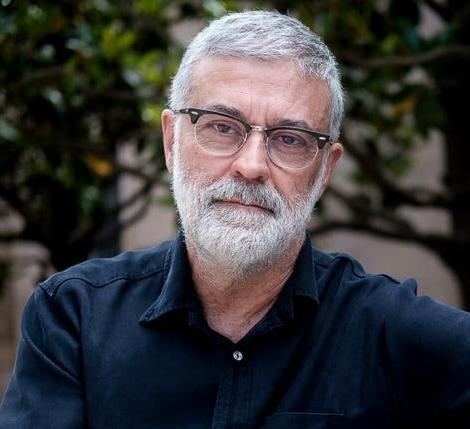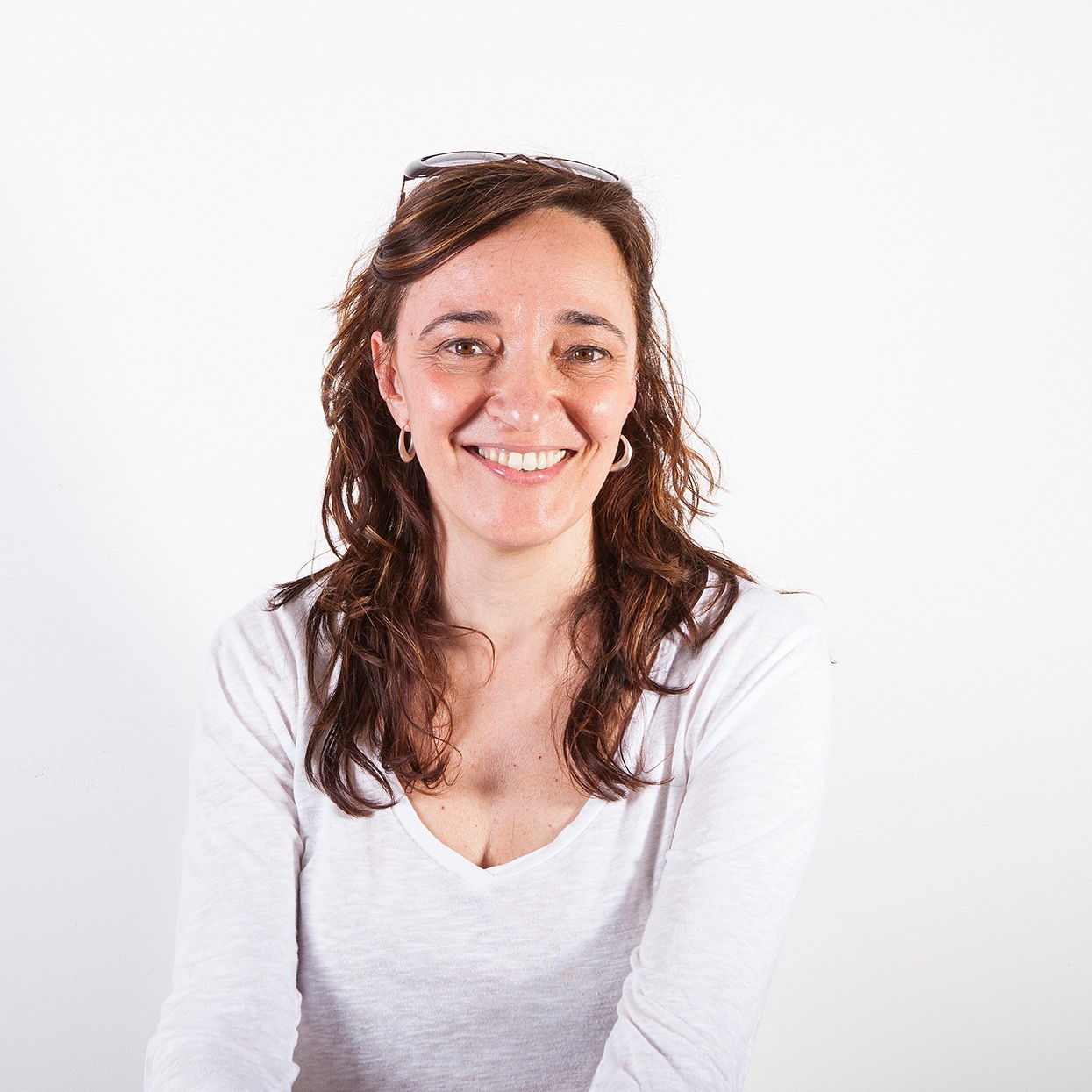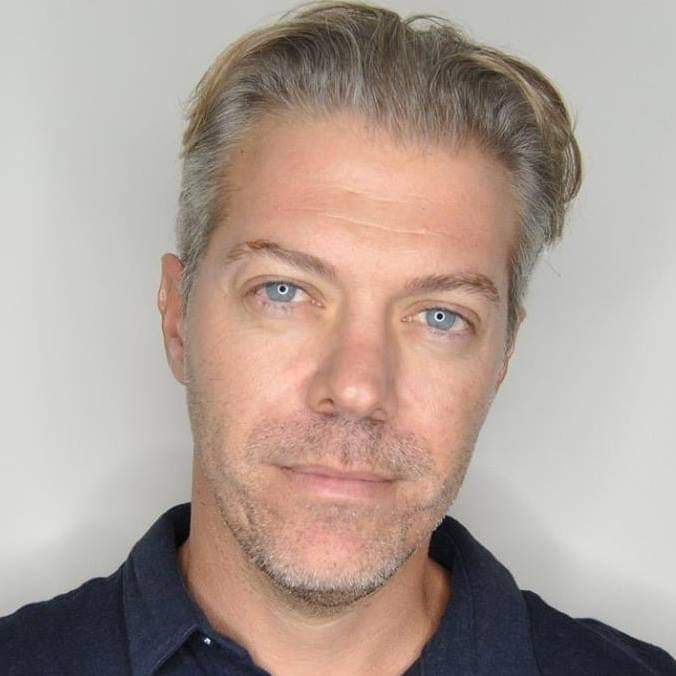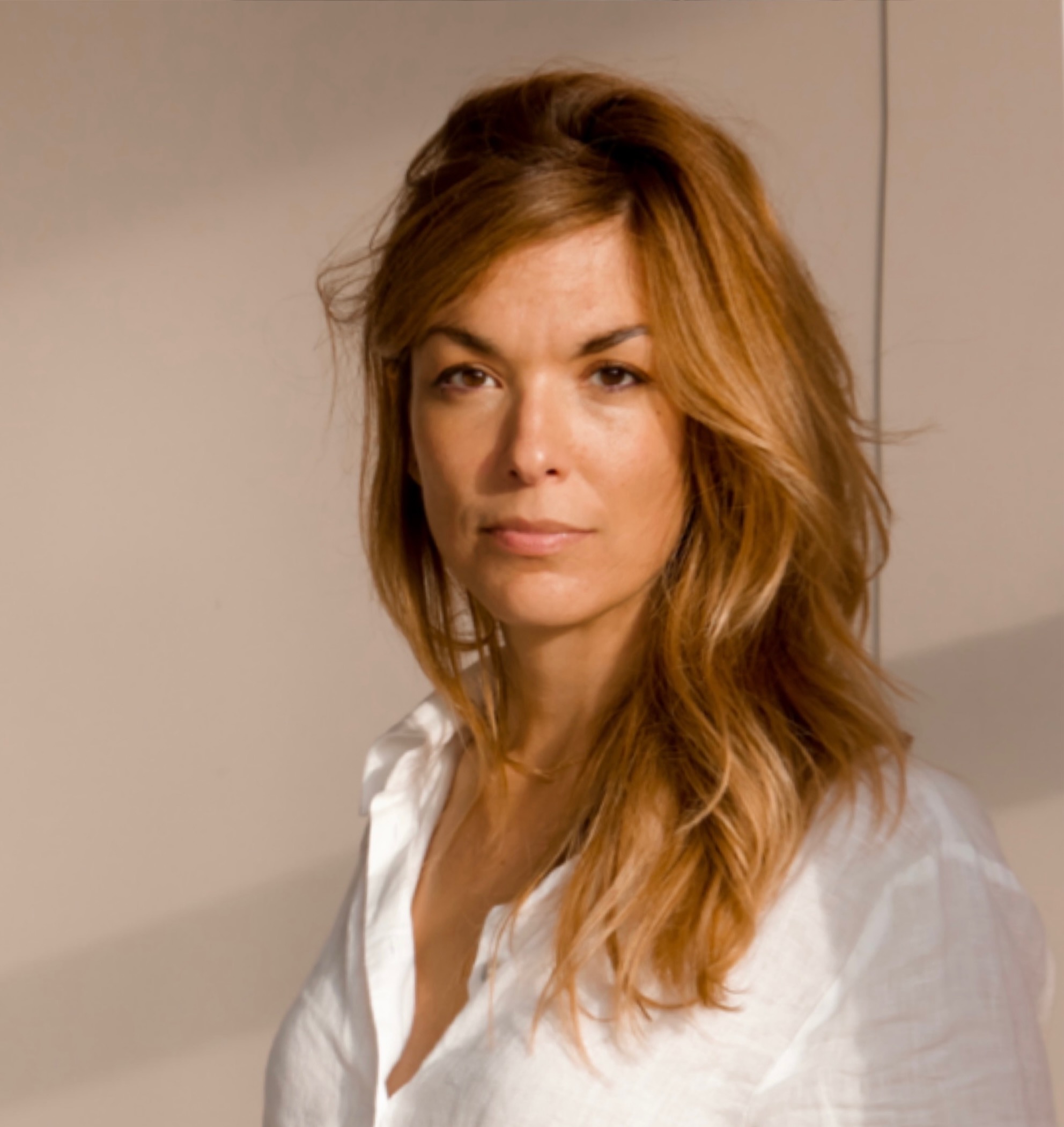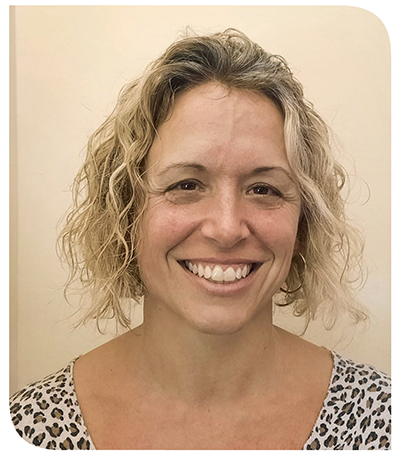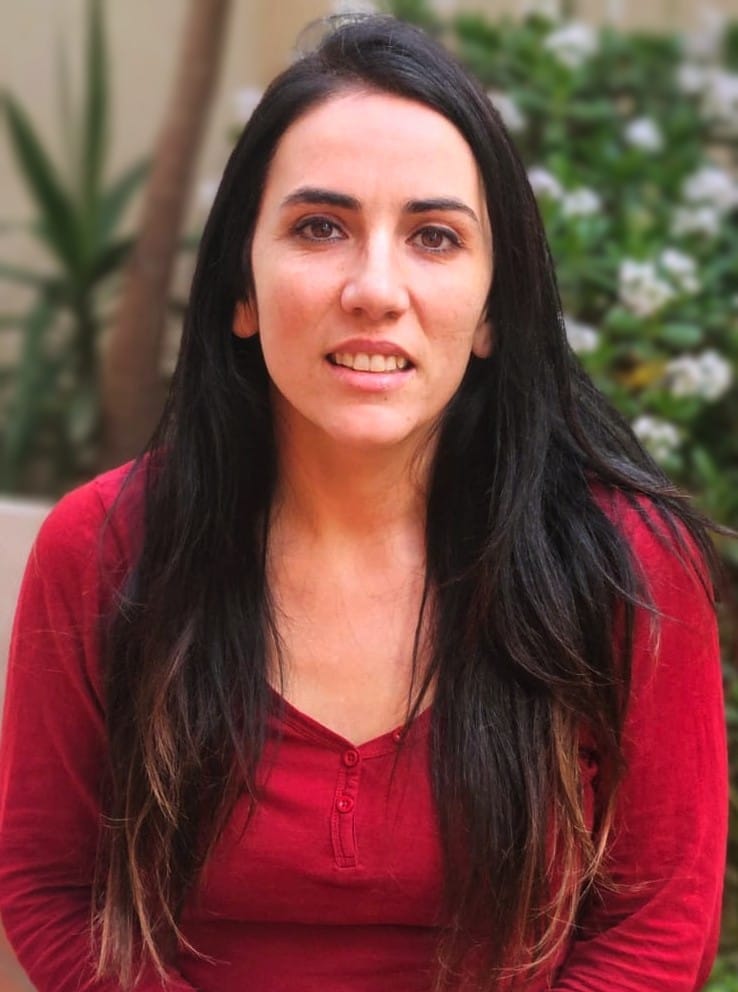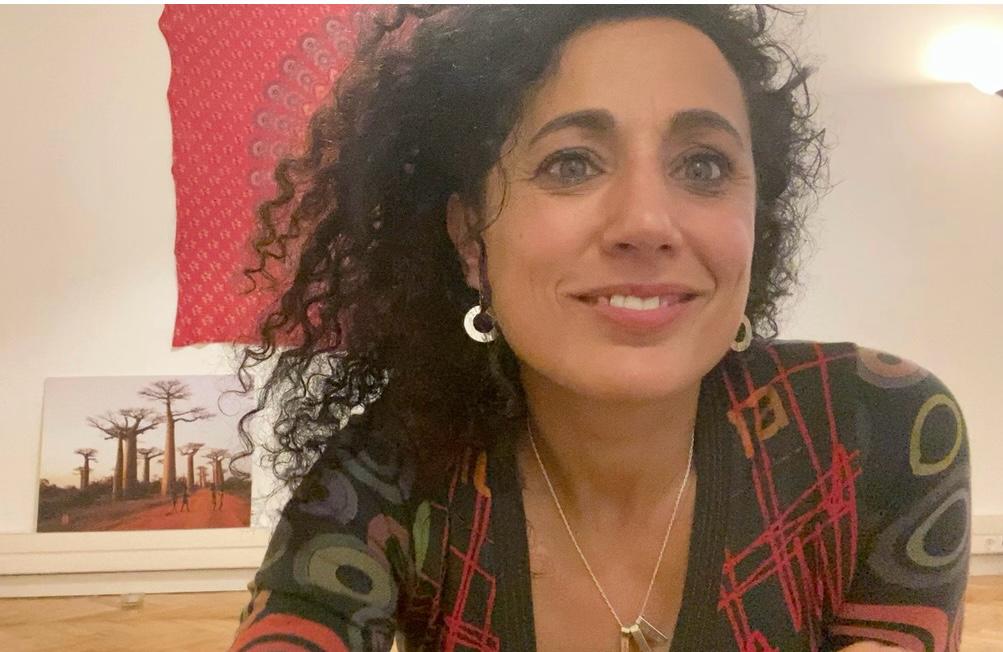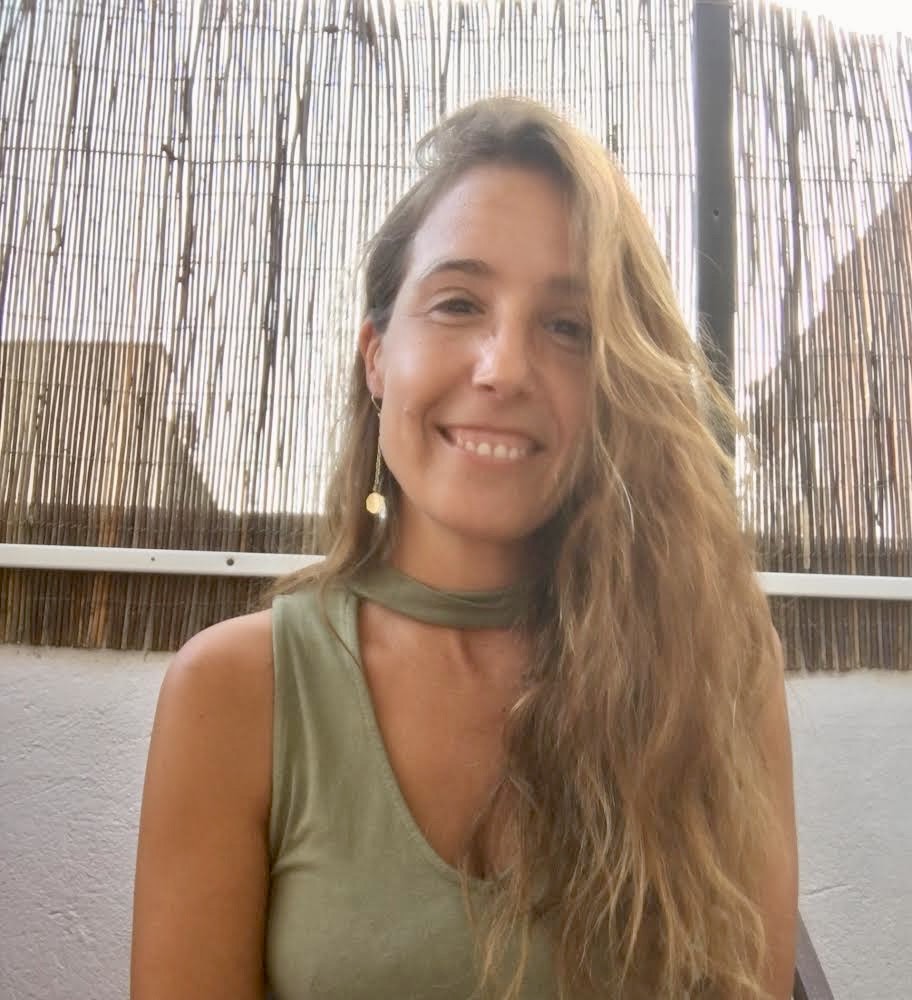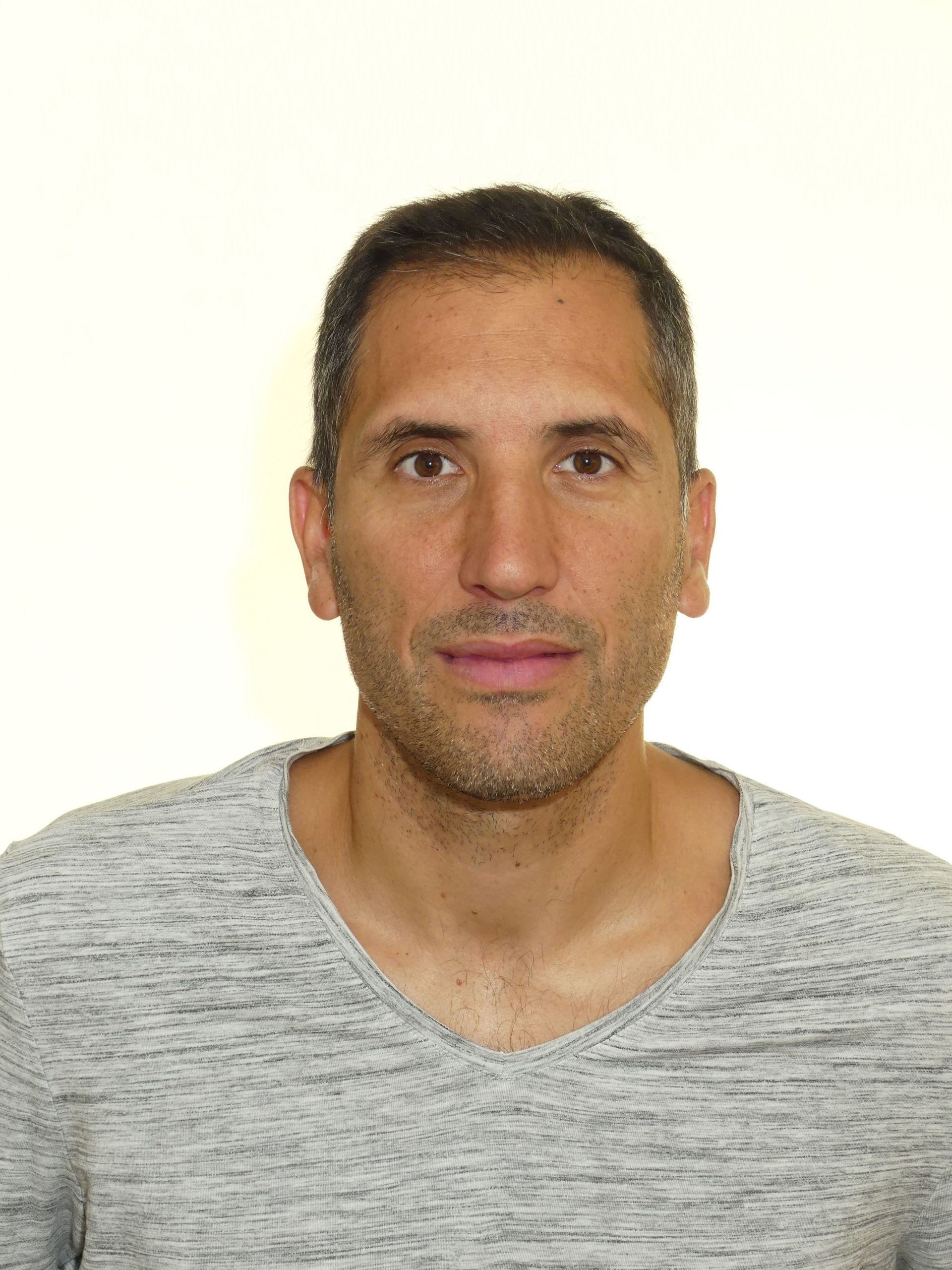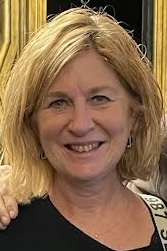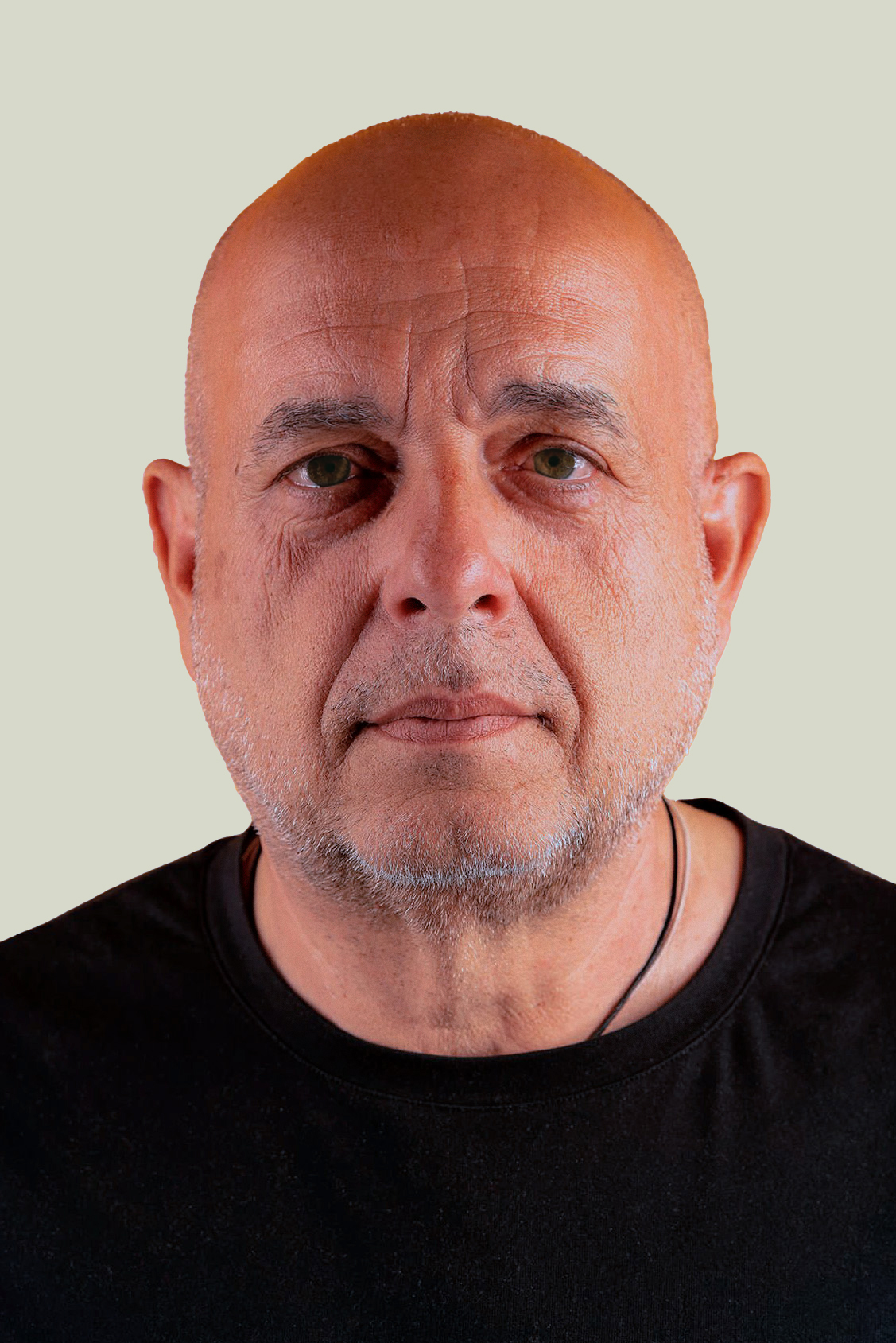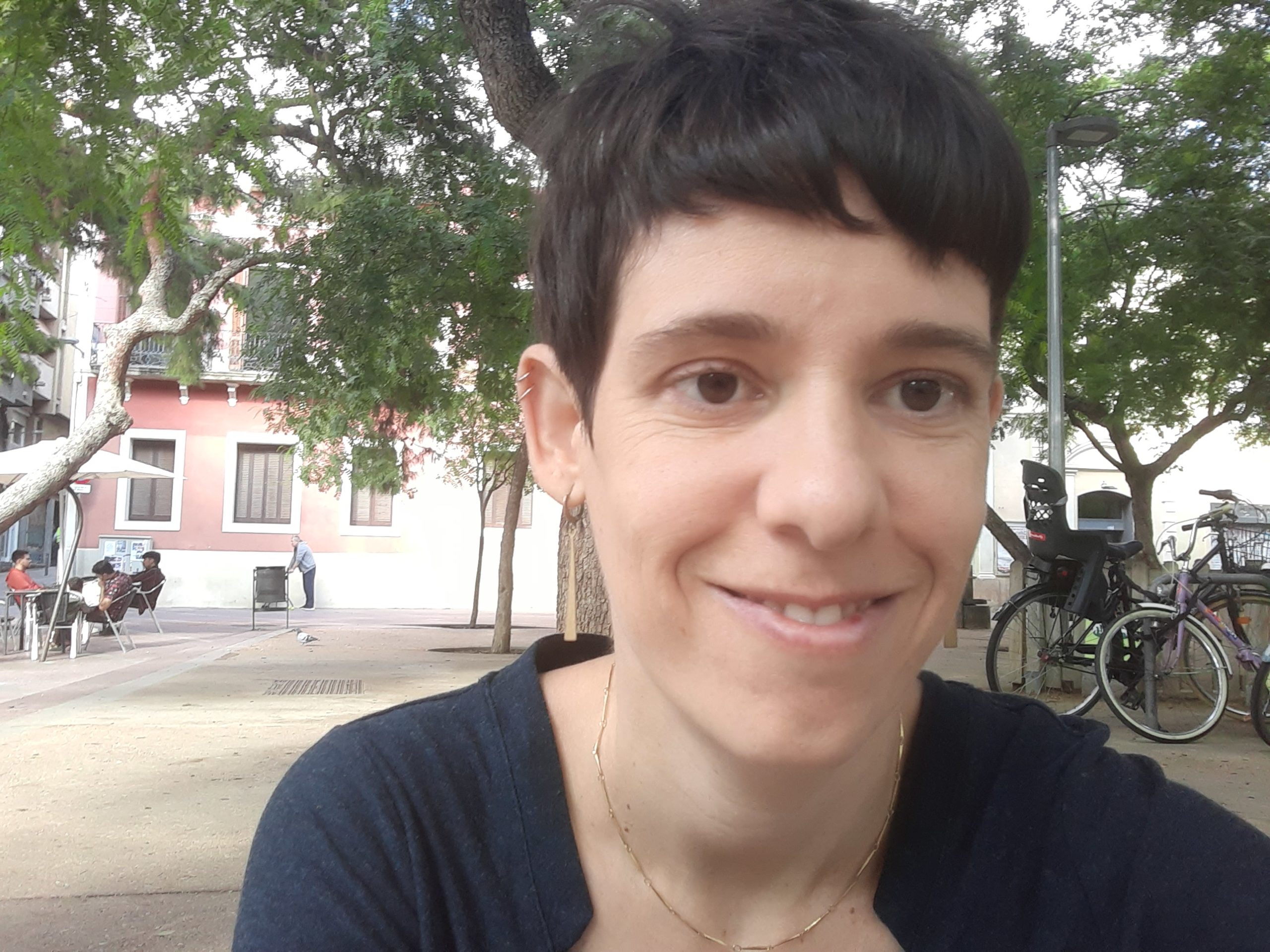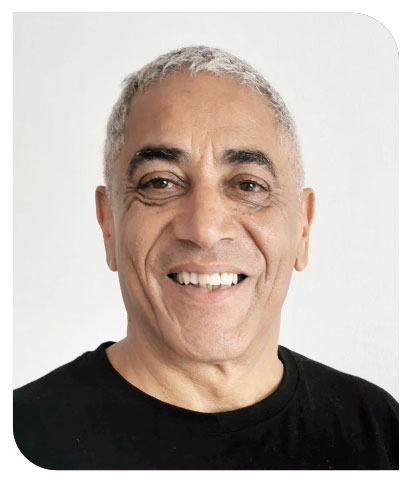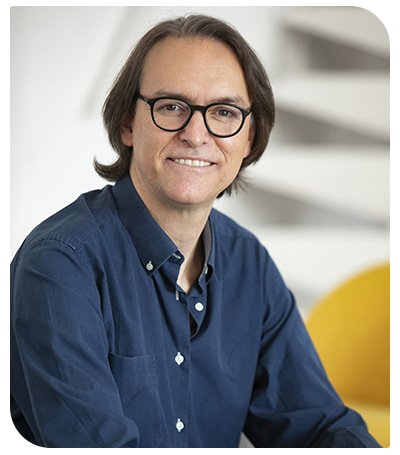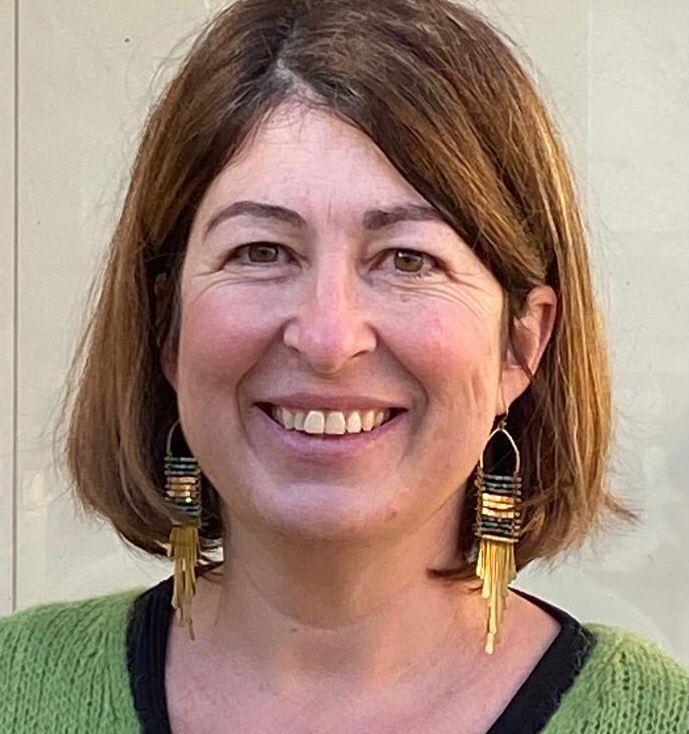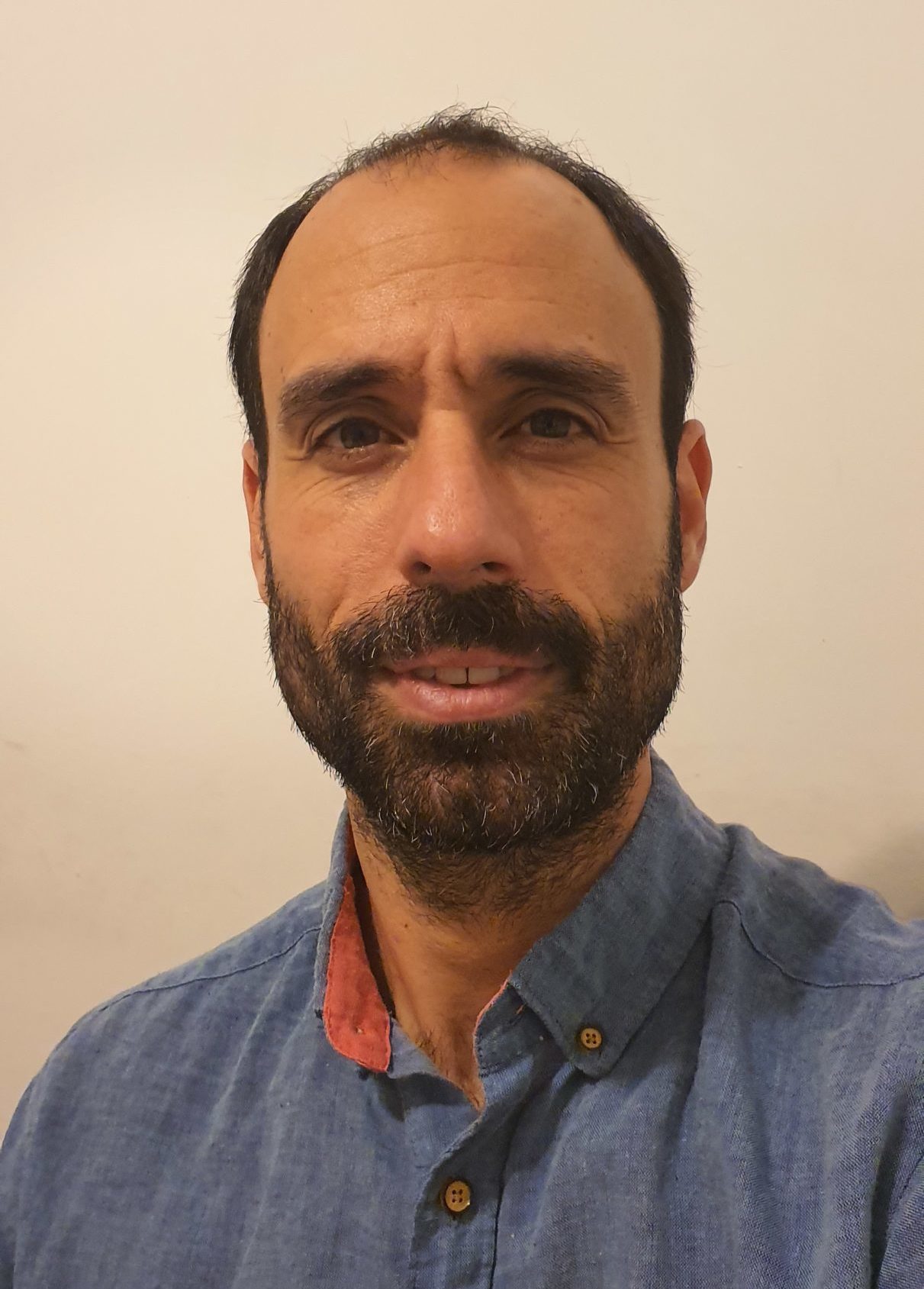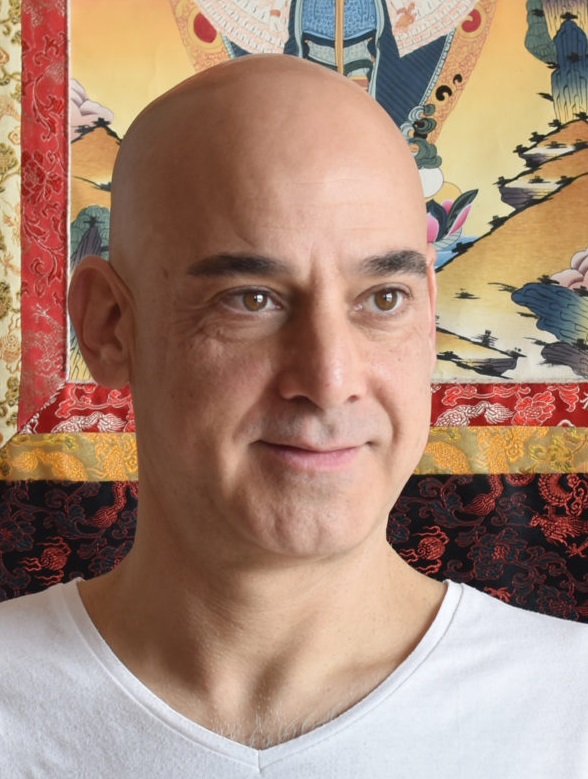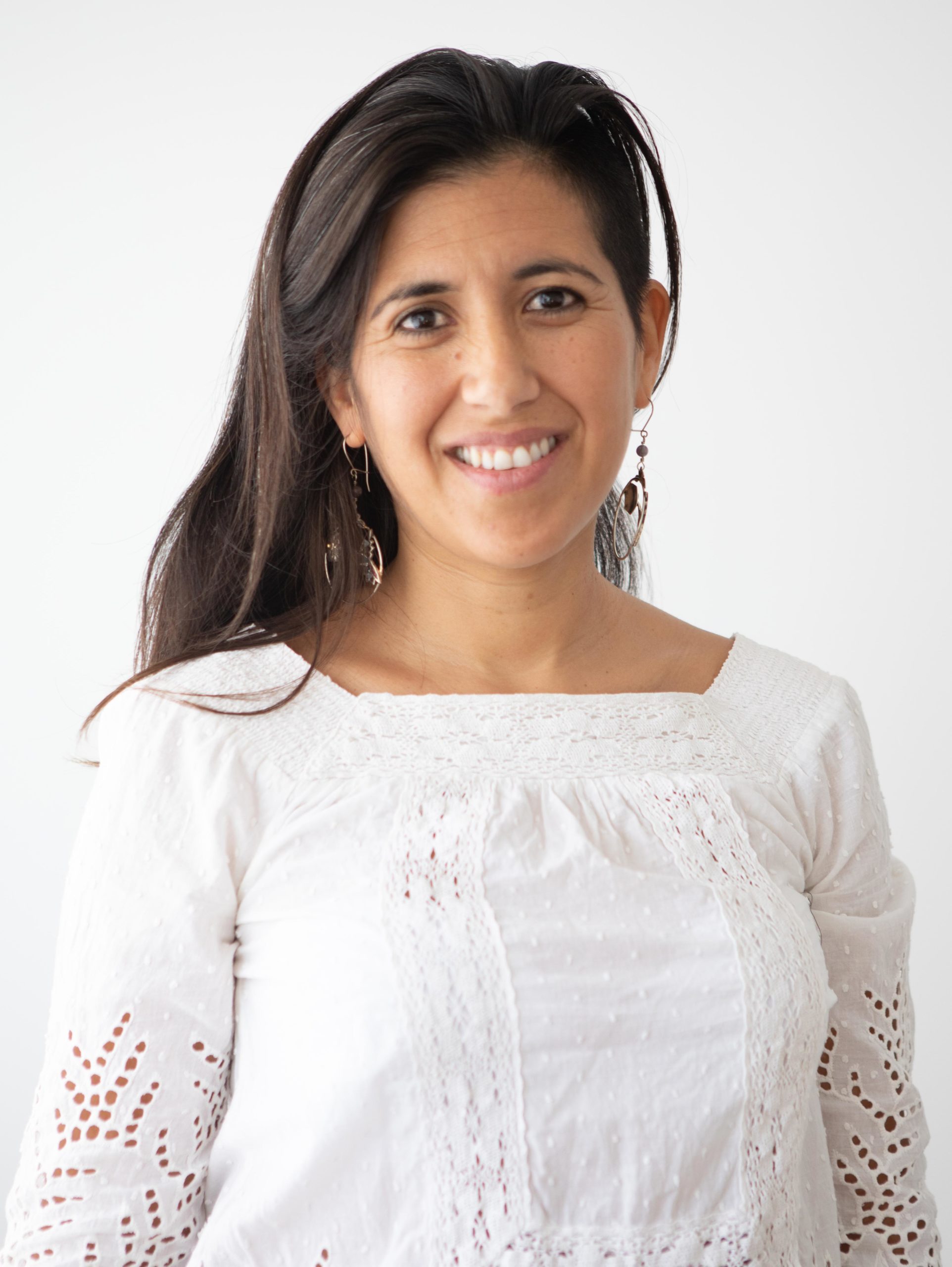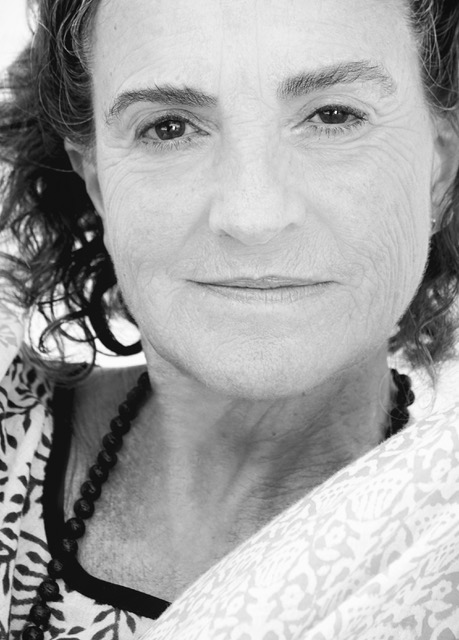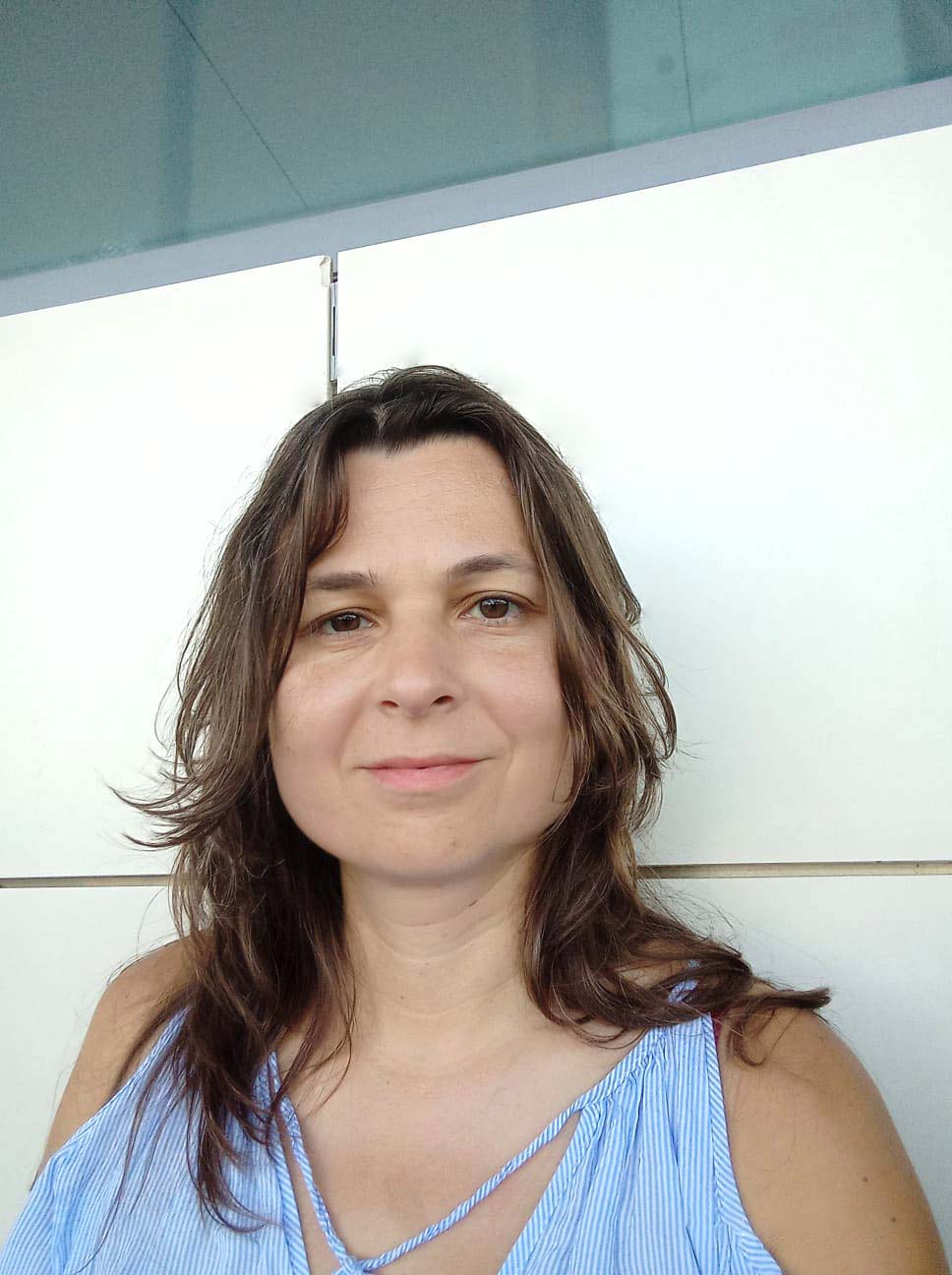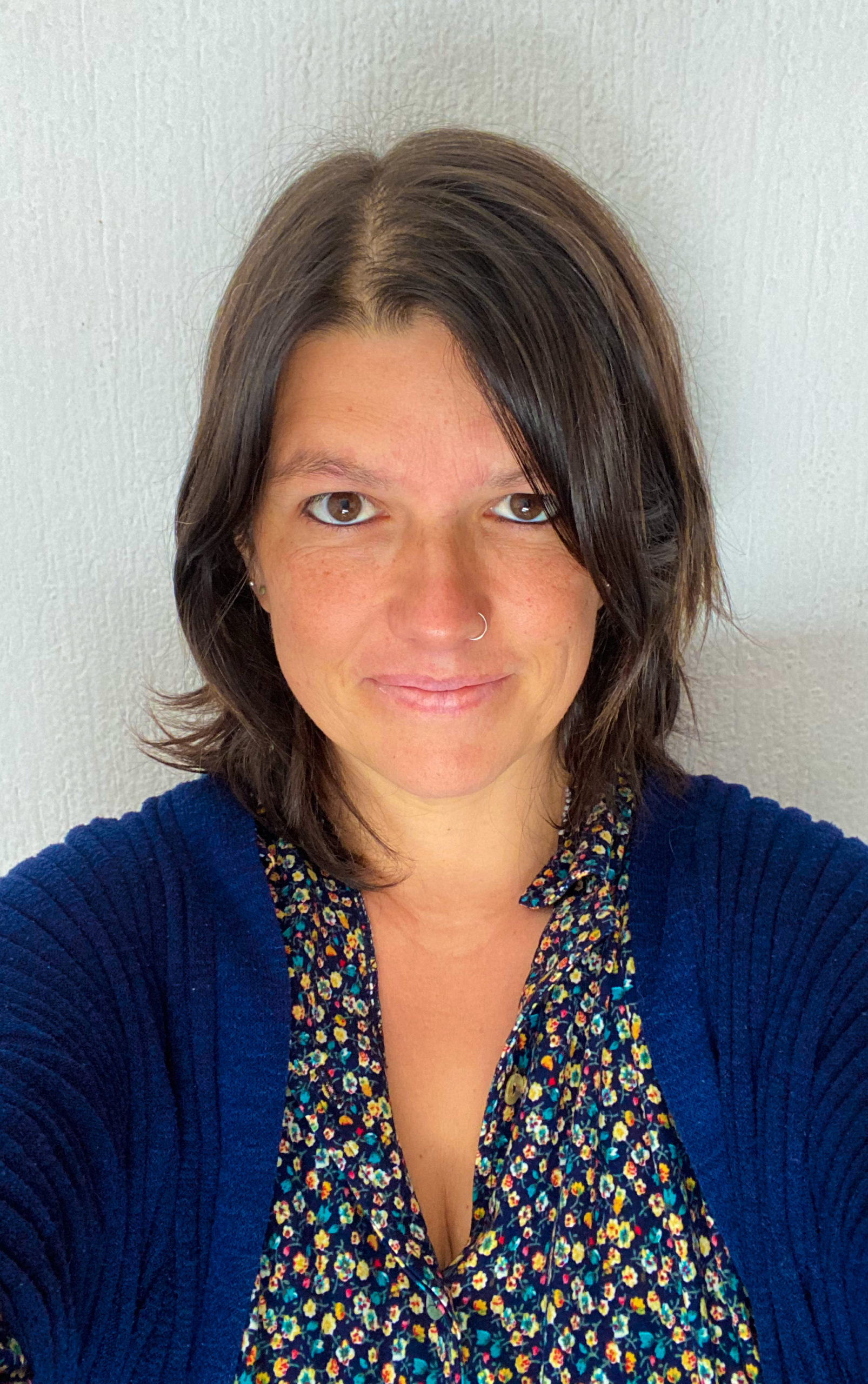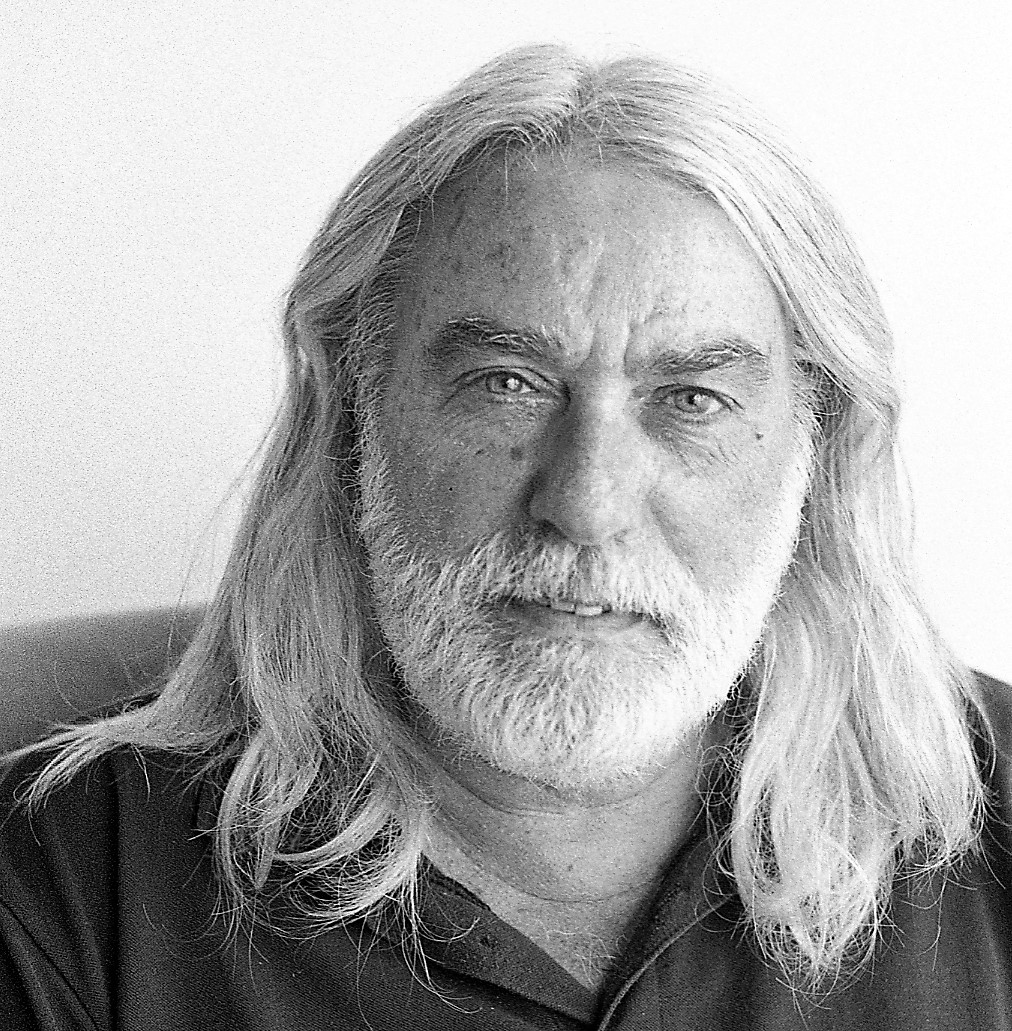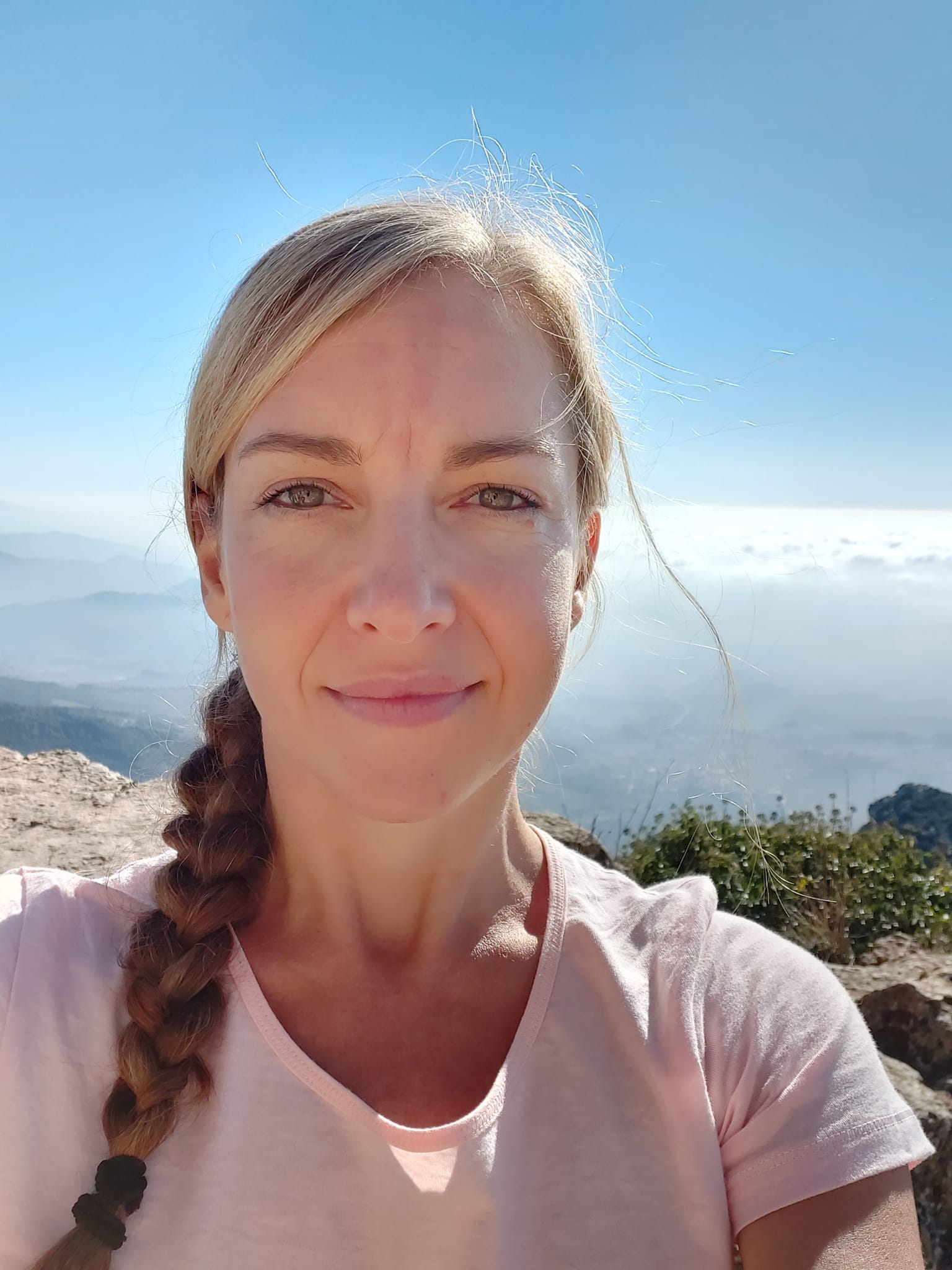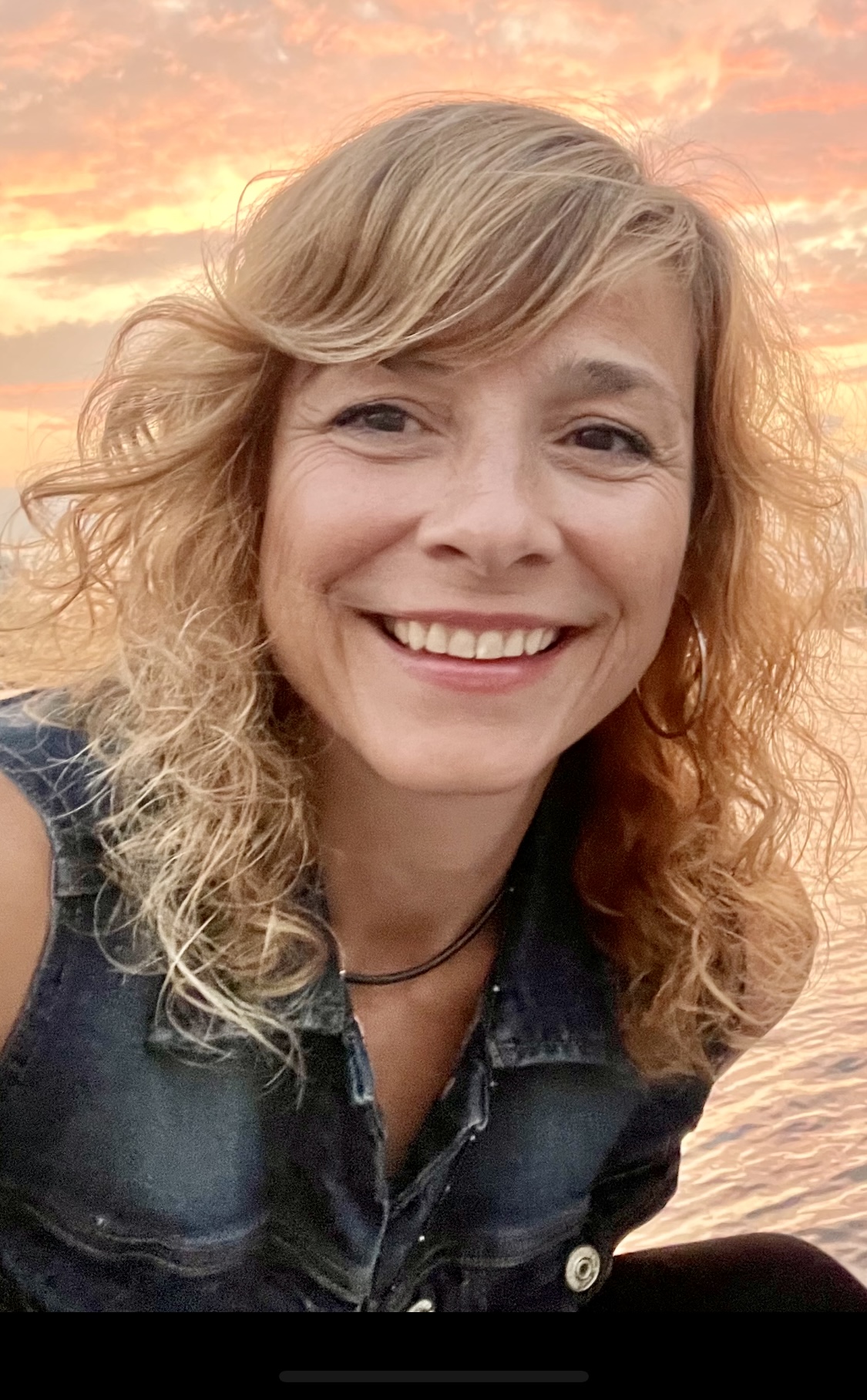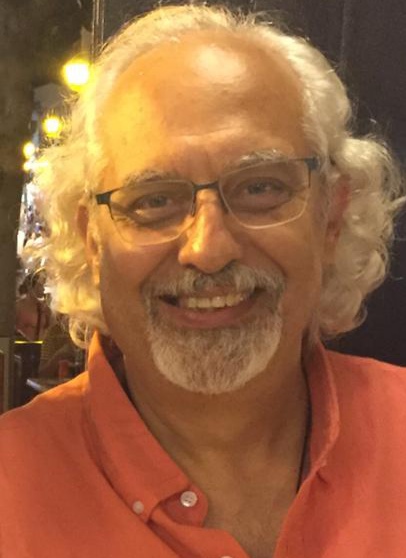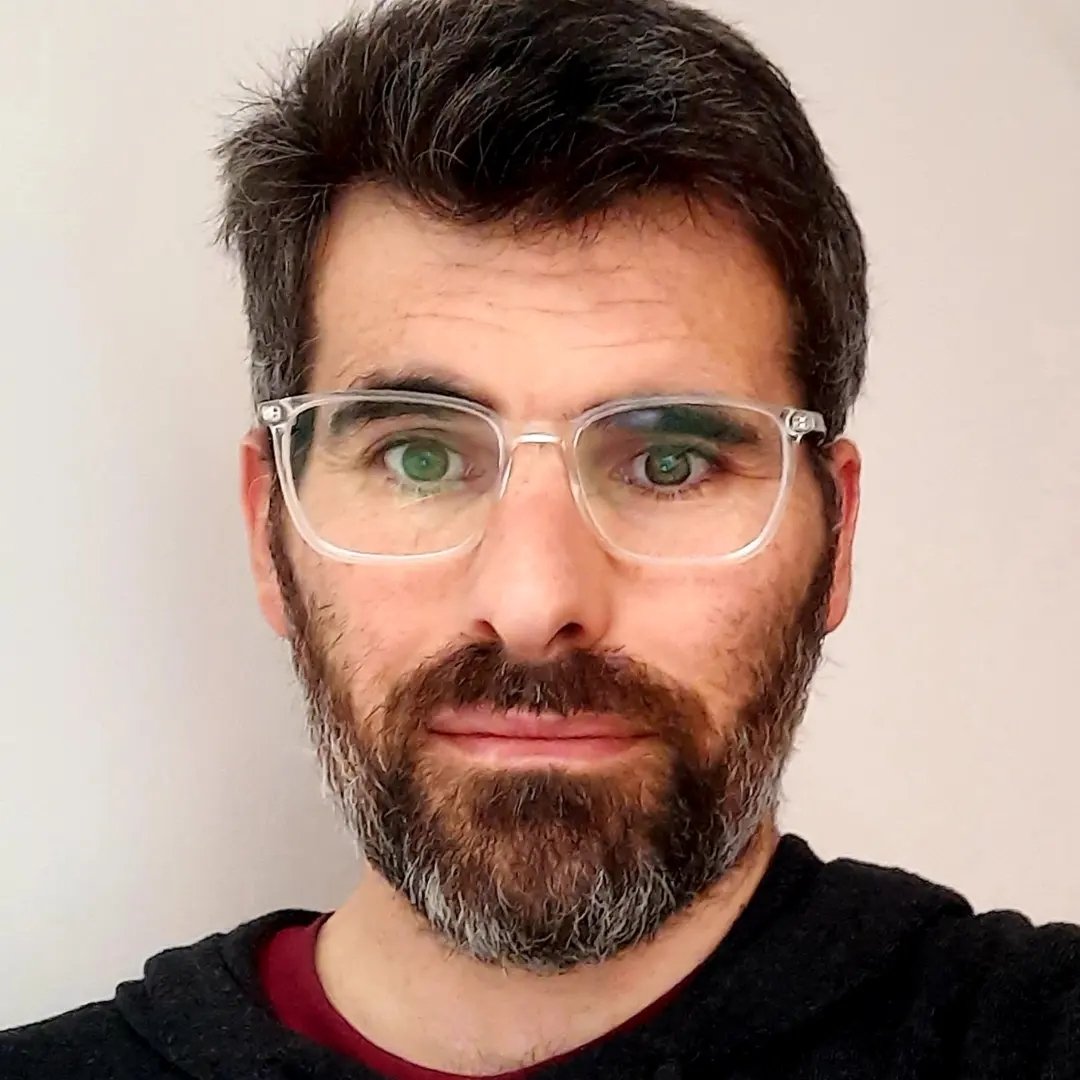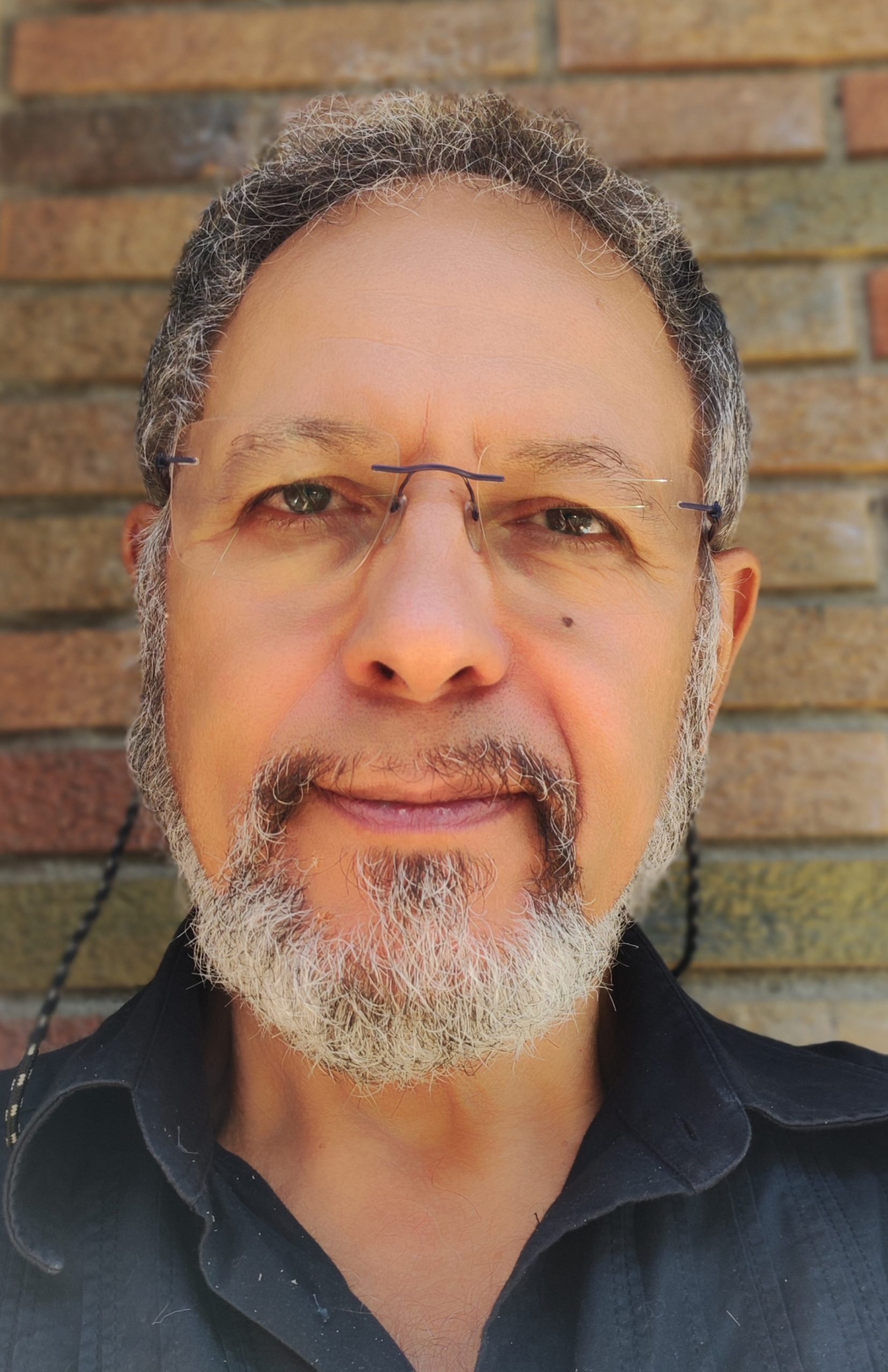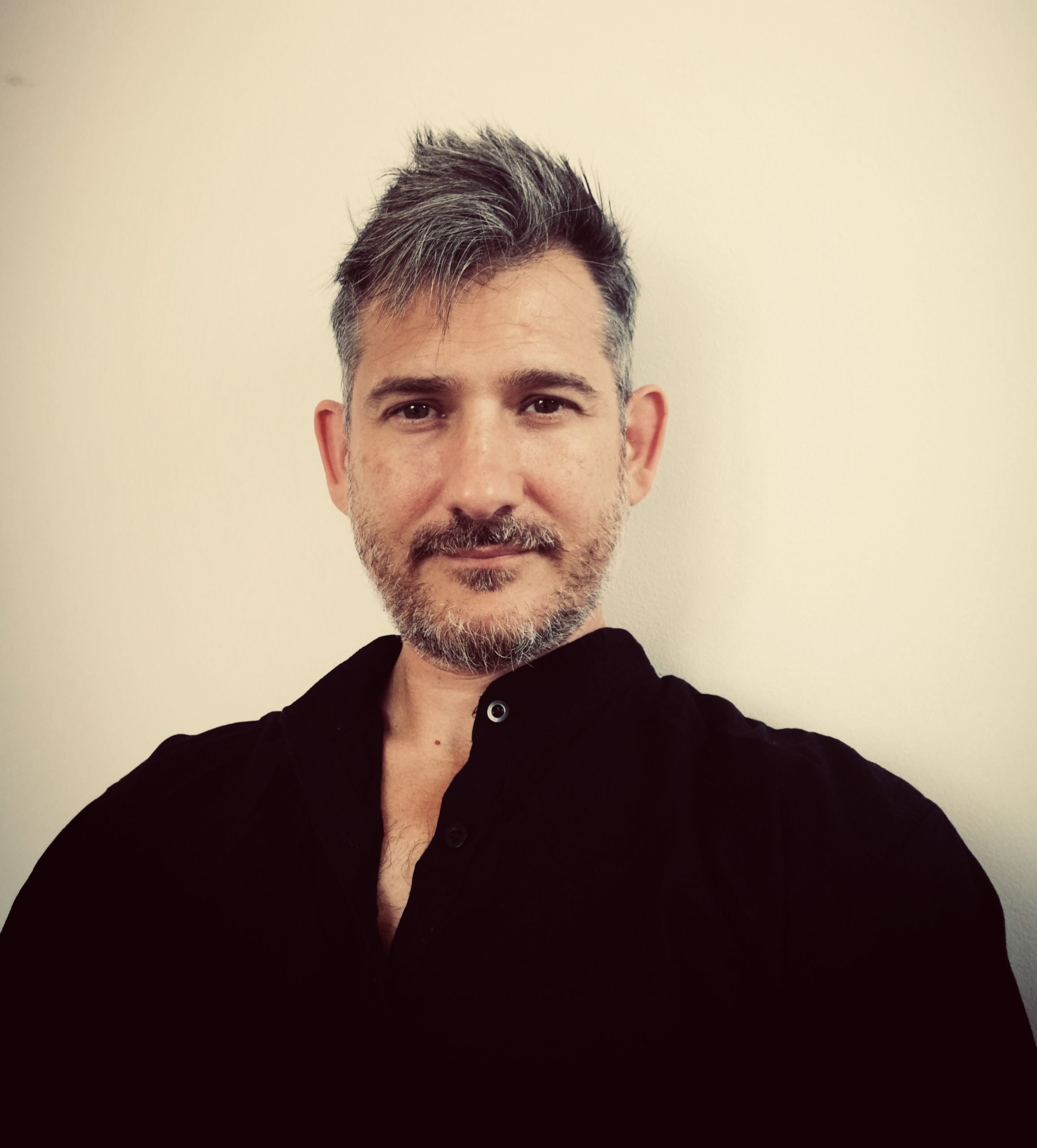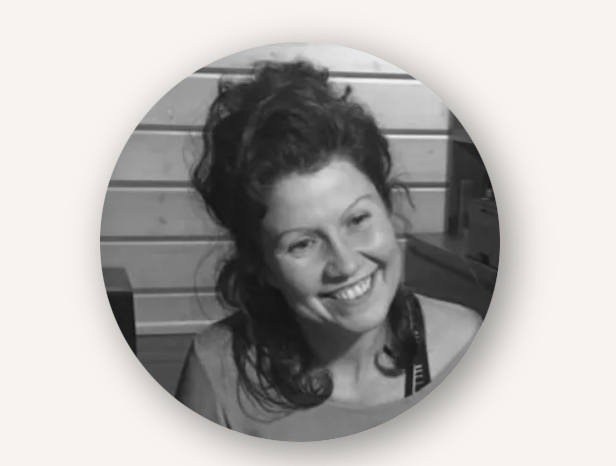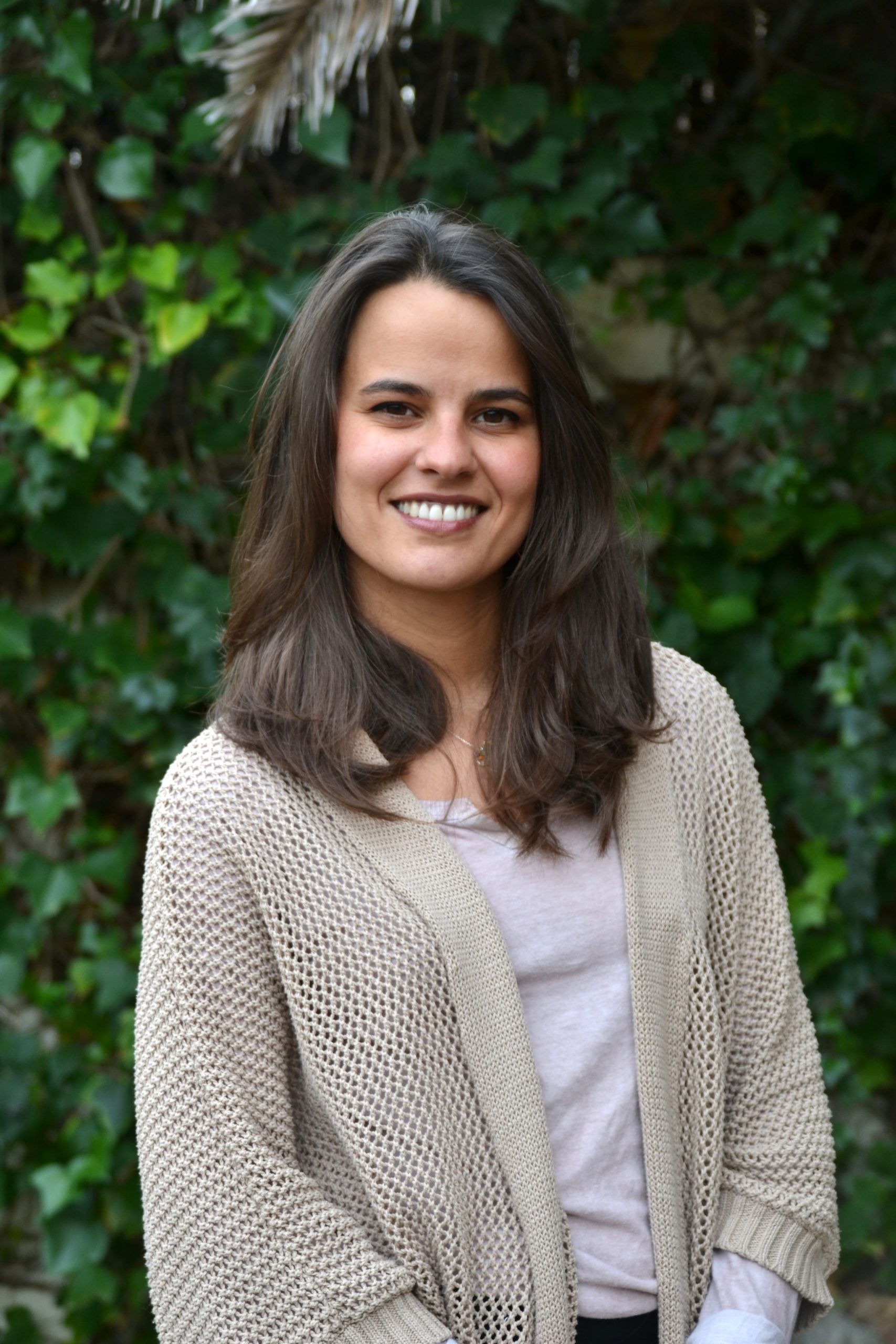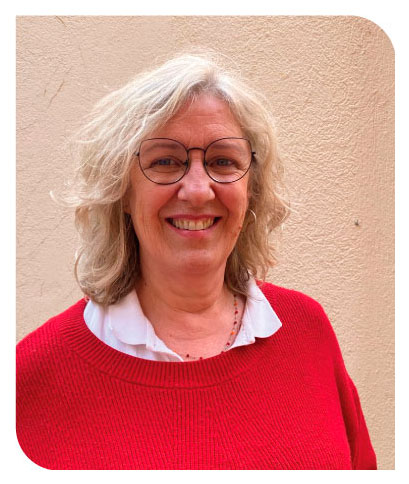Retreat for change
At this time of the year, in summer, most of us are going through some change in our routine. For example, there are people for whom it is time to devote themselves intensively to work. On the other hand, many of us are looking forward to starting our holidays. Regardless of the underlying change, this is a situation that we experience as a great opportunity.
We project a lot of pending needs and desires to be satisfied just in this time we have ahead of us: travelling, reading pending books, exercising, learning to cook, resting, being with our family, enjoying with friends, being in nature... Everything is important and necessary. Usually we do not take care of these aspects of life in a satisfactory way in our daily lives and we want to solve them with intensive holidays as if we were studying a language. The possibility that holidays offer us, when we have time off, is to reflect on how we perceive our real needs, those that have to do with our physical, emotional and also our mental health. Our body should be available for action and rest, our heart should be clean, without burdens that prevent us from managing our feelings properly, and we should also keep our mind open and attentive. This exercise of reflection and "resetting" is absolutely individual, for which each one of us is responsible.
To take charge we need to learn to withdraw in a broad sense of the word, because we are very attached to our habits, both in behaviour and in relationships. In order to withdraw we need to let go and this is difficult and frightening. We see these difficulties, for example, in the world of the couple: it is very necessary to preserve this sense of individuality and to learn to know the limits of the "I" and the "you" in order to manage the relationship in a mature way. Letting go in order to be able to be in the bond.
This is also reflected in the therapist-client relationship. It is very healthy for the patient to separate from the therapist, just as it can be for the therapist to separate from his or her clients. This letting go for a while and changing what we are used to allows aspects of ourselves to emerge that we were not aware of before, new perceptions both of the individual and of the relationship.
I therefore invite you to take advantage of this opportunity to withdraw, to break habits, to let go of customs and obligations as far as our reality allows and to identify the fears that prevent us from making these spaces part of our daily fabric.
Montse Coll. Co-founder of Cercle Gestalt. Pedagogical director of Cercle Gestalt. Graduate in Medicine and Surgery. Gestalt Psychotherapist. Didactic Member and Supervisor of the AETG. SAT training.

